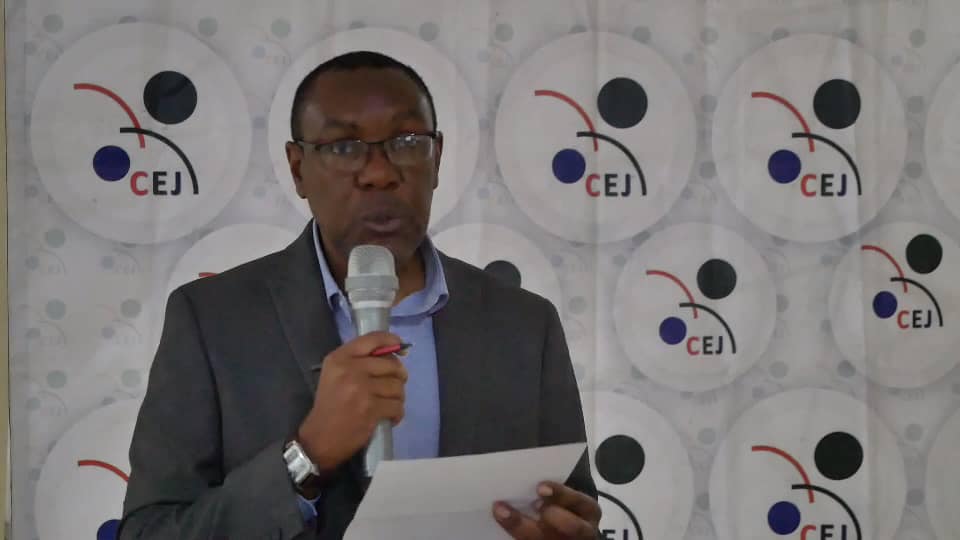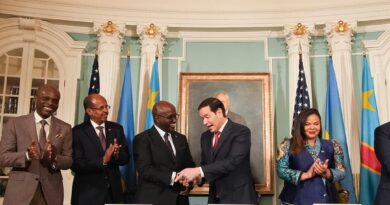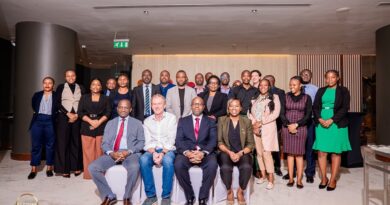ZCCN Urges Unified Climate Action, Applauds CEJ Efforts
The Zambia Climate Change Network (ZCCN) has called for stronger collaboration among stakeholders to enhance the nation’s response to climate change.
Speaking at the National Learning Workshop on Strengthening Civil Society Voices in Climate Change Advocacy, held in Lusaka and supported by the United Nations Democracy Fund (UNDEF), ZCCN Board Chairperson Monica Chundama highlighted the critical need for joint efforts in tackling climate challenges.
In a speech delivered by ZCCN Board Member Muketoi Wamunyima on behalf of Ms. Chundama, it was revealed that ZCCN has successfully collaborated with the Centre for Environment Justice (CEJ) to boost the capacity of civil society organizations (CSOs) in advocating for and implementing climate adaptation strategies.
The workshop aimed to educate participants on government priorities, identify areas where CSOs can contribute, and deepen understanding of the National Adaptation Plan (NAP) process and Nationally Determined Contributions (NDCs).
Ms. Chundama commended CEJ’s leadership in these initiatives and expressed gratitude to the United Nations Democracy Fund for their generous support, which has been instrumental in advancing the project.
Earlier in the event, CEJ Executive Director Maggie Mwape emphasized the urgency of climate action in her address during the CEJ-UN Democracy Fund CSO training on NDCs and NAP implementation.
Ms. Mwape highlighted the immediate and severe impacts of climate change on Zambia, citing the frequent floods, droughts, rising temperatures, and erratic rainfall patterns that have caused widespread disruption.
She noted that these climatic shifts have devastated the agricultural sector, which supports over 60% of the population, and significantly impacted the energy sector reliant on hydro generation.
Despite Zambia’s supportive policy frameworks for climate adaptation, Ms. Mwape pointed out that their effectiveness is compromised by limited technical capacity, weak coordination, and inadequate institutional arrangements among stakeholders.
This lack of coordination has resulted in uncoordinated actions and inadequate adaptation measures, leading to significant economic losses and disproportionate impacts on vulnerable groups such as rural women, youths, and marginalized communities.
The CEJ project, funded by the UN Democracy Fund, is dedicated to addressing these challenges. It focuses on strengthening the climate advocacy capacity of CSOs in five districts: Lusaka, Chirundu, Chongwe, Luangwa, and Rufunsa. Through training, stakeholder consultations, dialogue, and knowledge sharing, the project aims to build robust advocacy frameworks for the NAP process and NDC implementation.
“Climate change is no longer a distant threat; it is a present reality that affects every aspect of our lives,” Ms. Mwape stated. “Our goal is to ensure that CSOs are well-equipped to advocate for effective climate adaptation measures that will protect our communities and sustain our economy.”
The workshop brought together key stakeholders, including government officials, civil society representatives, and development partners, to foster a unified approach to climate action and enhance the resilience of communities across Zambia.



